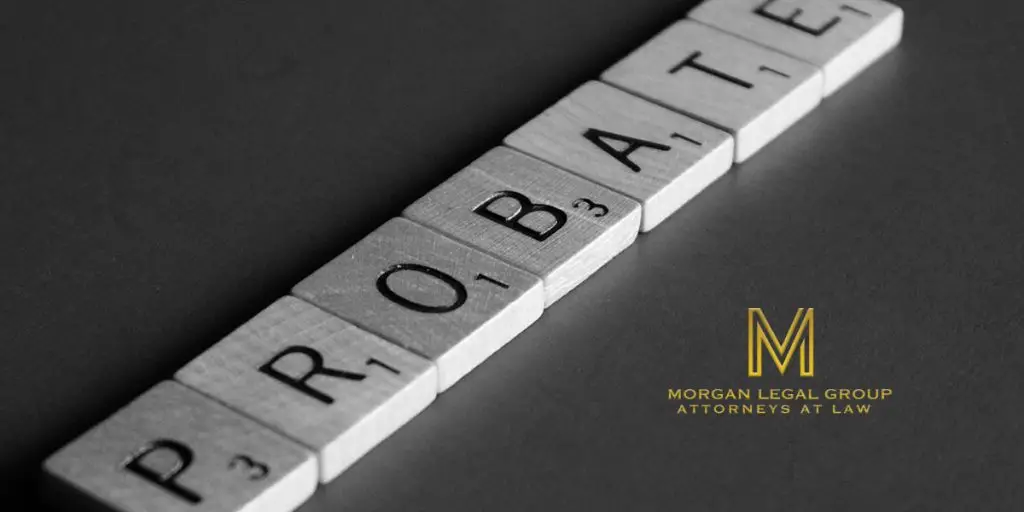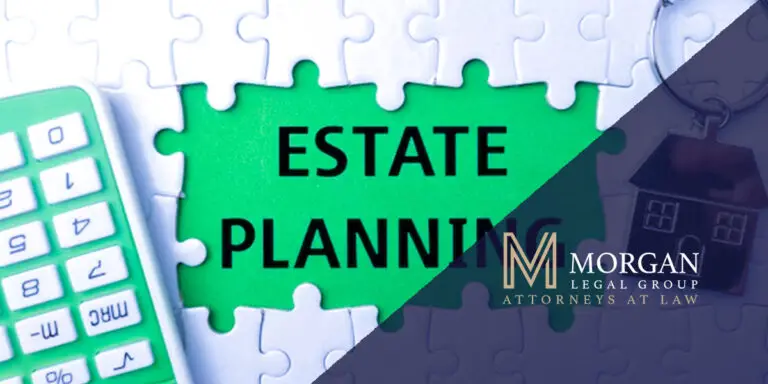Is Probate Required in New York?
Introduction
Probate is a legal process that involves validating and executing a deceased person’s will, settling their debts, and distributing their assets to beneficiaries. Whether or not probate is required in New York depends on various factors, including the nature and value of the deceased person’s assets, how they held their property, and whether they had a valid will. At Morgan Legal Group, we provide expert guidance on probate matters in New York City. In this article, we’ll explore the circumstances in which probate may or may not be necessary in New York.
When Is Probate Required?
In New York, probate is typically required when the following conditions are met:
1. The Deceased Person Owned Assets Solely in Their Name
If the deceased person owned assets solely in their name, such as real estate, bank accounts, or investments, probate is often necessary to transfer these assets to beneficiaries or heirs. This is especially true if there is no joint owner or designated beneficiary for these assets.
2. The Value of the Estate Exceeds the Small Estate Threshold
New York has a threshold for small estates, which, as of my last knowledge update in September 2021, was set at $50,000. If the total value of the deceased person’s assets exceeds this threshold, probate may be required.
3. There Is a Valid Last Will and Testament
If the deceased person had a valid will, probate is typically required to ensure that the instructions in the will are carried out correctly. The court will oversee the probate process to ensure the will’s validity and that the executor fulfills their duties.
When Is Probate Not Required?
There are situations in which probate may not be necessary in New York:
1. Joint Ownership with Right of Survivorship
Assets held in joint tenancy with right of survivorship or as tenants by the entirety automatically pass to the surviving co-owner(s) upon the deceased person’s death. These assets avoid probate because they have a built-in mechanism for transfer.
2. Assets with Designated Beneficiaries
Some assets, such as life insurance policies, retirement accounts, and payable-on-death (POD) or transfer-on-death (TOD) accounts, allow the account holder to designate beneficiaries. Upon the account holder’s death, these assets pass directly to the named beneficiaries, bypassing probate.
3. Small Estates
If the total value of the deceased person’s assets falls below the New York small estate threshold, probate may be unnecessary. Small estates may qualify for simplified probate procedures or alternative processes, such as voluntary administration.
Alternatives to Formal Probate
In cases where probate is not required or can be avoided, there are alternative processes that may be more efficient:
1. Voluntary Administration
New York allows for voluntary administration in cases where the deceased person’s estate meets certain criteria. This simplified process can be quicker and less expensive than formal probate.
2. Small Estate Affidavit
If the estate qualifies as a small estate, beneficiaries may use a small estate affidavit to claim assets without undergoing formal probate. This option can save time and money.
3. Trust Administration
Assets held in a trust are not subject to probate. Trust administration involves the trustee distributing assets according to the trust’s terms, avoiding the probate process entirely.
Conclusion
Whether probate is required in New York depends on several factors, including the nature and value of the deceased person’s assets and whether there is a valid will. Understanding these factors and exploring alternative options when applicable can help streamline the estate settlement process and minimize costs.
At Morgan Legal Group, P.C., our experienced attorneys can provide personalized guidance on New York City probate and estate planning matters. If you have questions about probate requirements or need assistance with estate planning, please get in touch with us for a consultation.







